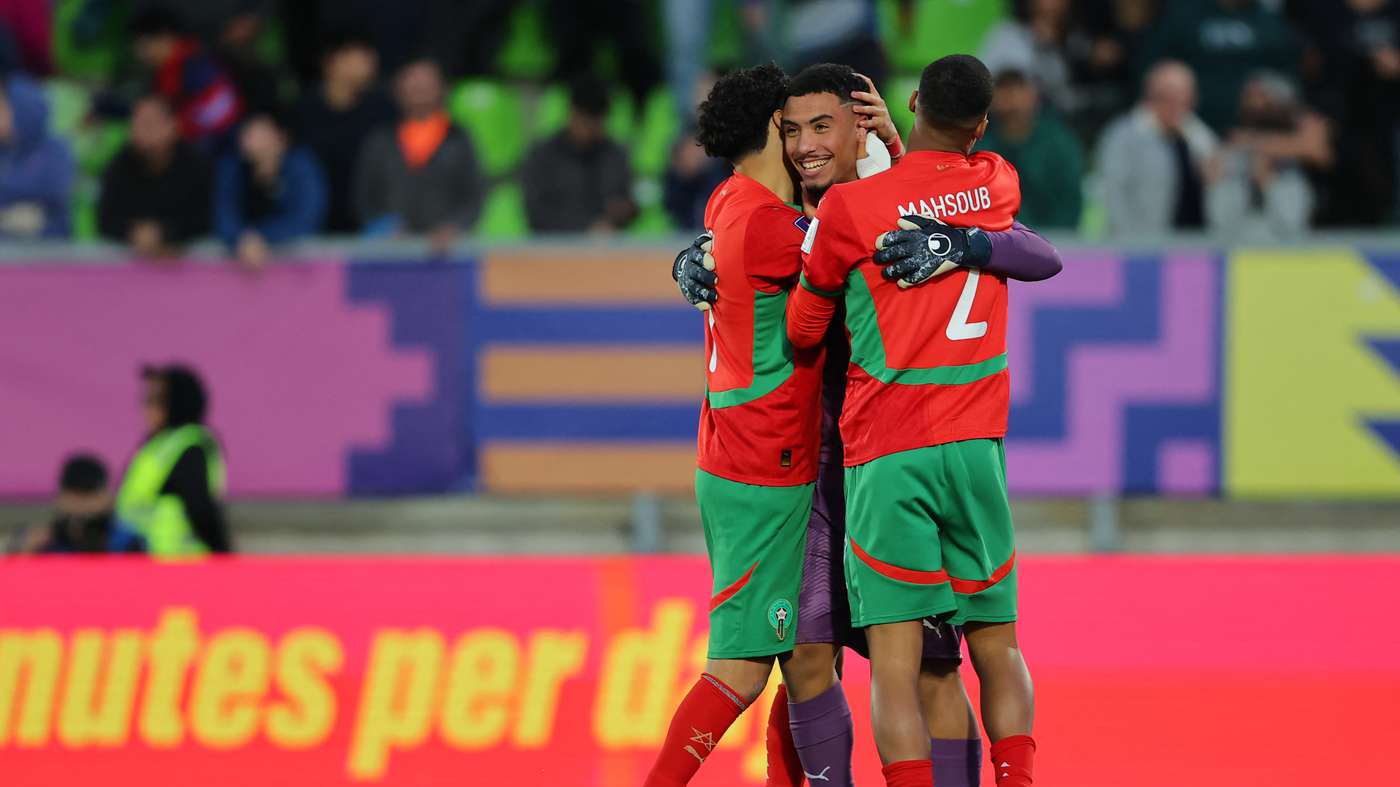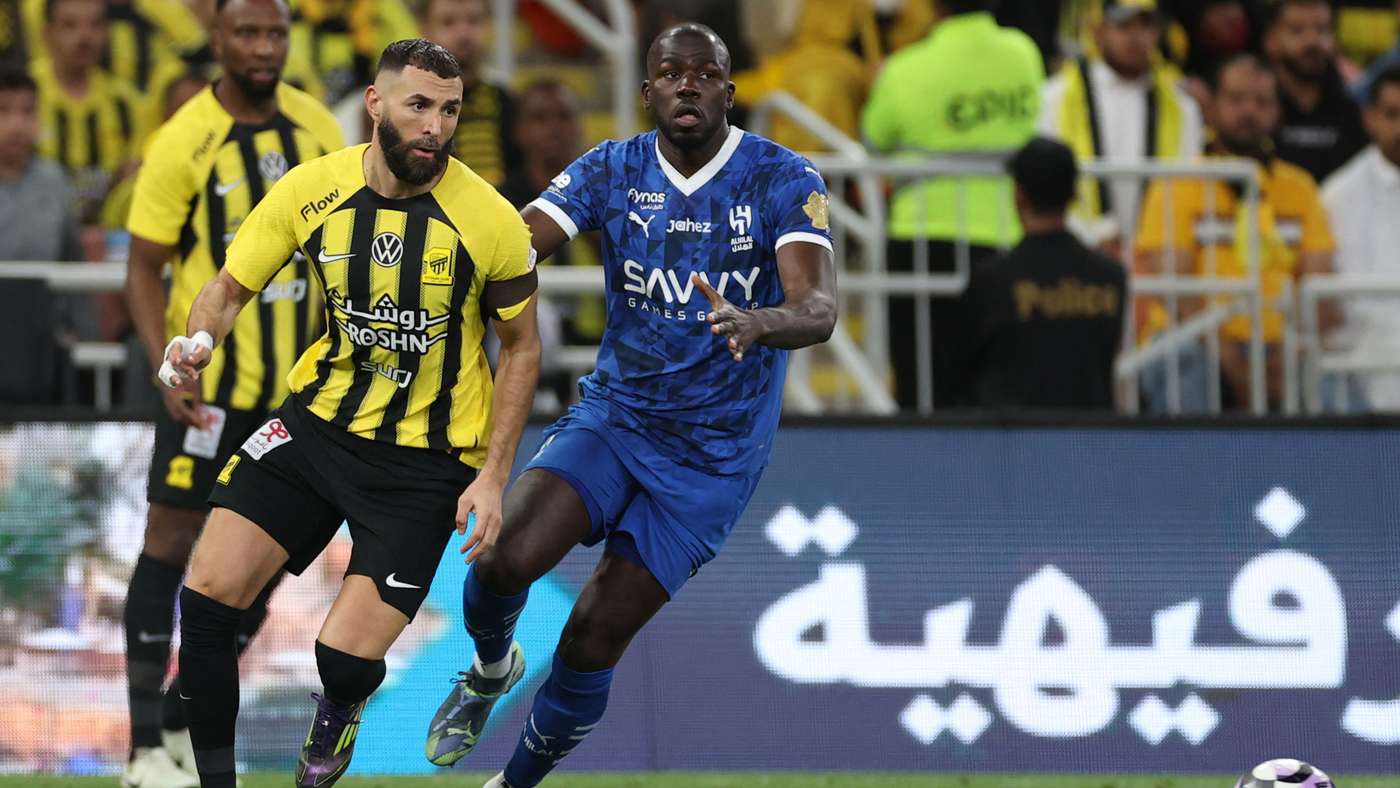Legacy over Talent? The 'Sons of Staff' Dilemma Haunts Egyptian Sports
21 October 2025

Morocco's historic triumph reframes North African football
Morocco's youth team made history by winning the FIFA U-20 World Cup for the first time, a milestone for Arab football. The success was built on careful planning and sustained effort from the leadership of Fouzi Lekjaa, president of the Moroccan Football Federation, and a development program that paid dividends on the world stage.
In 2022, Morocco became the first Arab and African side to reach the World Cup semi-finals, and they added a bronze medal at Paris 2024 Olympics, extending their regional prestige. These achievements have put pressure on Egypt, whose teams have drifted from the pinnacle in Africa and the world, with four World Cup appearances and no Africa Cup of Nations title since 2010.
The most discussed phenomenon in Egyptian sport is the prevalence of "sons of staff"—players who are the offspring of former or current officials. The article notes that many sports now have players who are essentially follow-ups of a family line, rather than fresh talent.
On a particular incident, Omar Asr, Egypt's table tennis champion, and Mahmoud Ashraf Helmi, son of the federation president, clashed during the African Championship in Tunisia; Ashraf reportedly refused to shake hands with his opponent before a semifinal, a claim confirmed by the federation president in television remarks. Mahmoud Ashraf has not yet achieved notable results for Egypt in table tennis or for club teams, prompting questions about his national-team selection.
The Olympic Committee opened an investigation into the incident, while the Ministry of Sports said it would monitor developments. The piece argues that the "sons of staff" phenomenon is widespread in Egyptian football, with many clubs featuring offspring of former players or officials, and that parental influence often helps secure opportunities, though many of these individuals fail to sustain success.
Examples of limited exceptions include Hazem Imam, son of the late Hamada Imam, who proved himself through his contributions to multiple championships; Rania Elwani, daughter of Amr Elwani, a former Egyptian official who rose to the international federation; and Ahmed El-Ahmar, a handball legend, son of Mustafa El-Ahmar. The piece concludes that while it's unrealistic to erase the phenomenon entirely, ensuring fair opportunities for all talents—beyond the offspring of athletes and officials—is essential for the long-term health of Egyptian sport; many of Egypt's greatest names in recent years did not hail from sports families.
And a light note to end: If privilege is hereditary, maybe the national team should start selling season tickets to the entire family tree. And if that doesn't work, there's always Mohamed Salah's contract clause: “my dad’s not getting a share of this one.”



